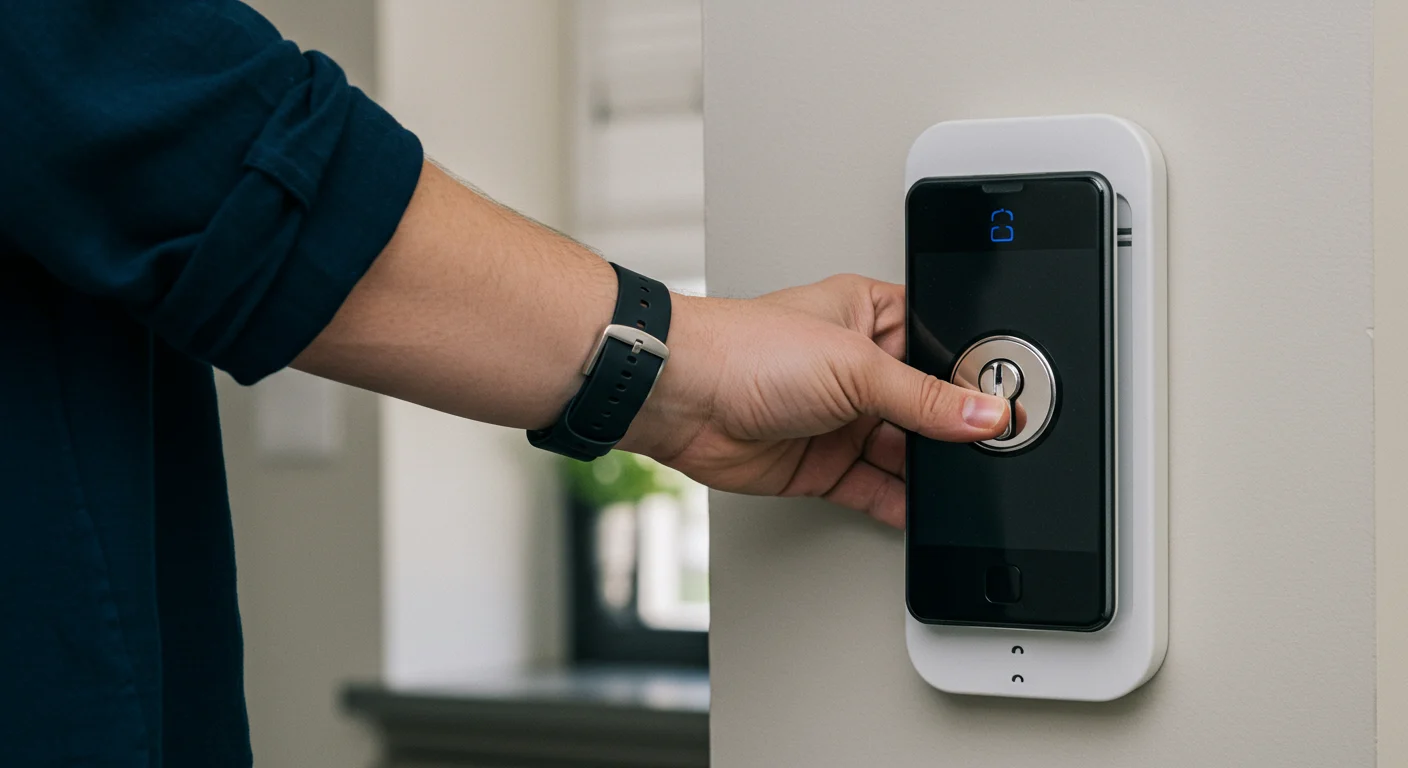
Is Smart Home Tech Actually a Good Investment? A 2025 Guide
The world is buzzing with talk of automated lights, intelligent thermostats, and voice-activated assistants. But beyond the novelty, a critical question remains for homeowners in 2025: Are smart home devices a genuinely wise financial decision? This guide cuts through the hype to analyze the true return on investment, helping you determine if upgrading your home is the right move for your lifestyle and your wallet.
The Real-World ROI of Smart Home Devices
An investment in smart home technology pays dividends in three key areas: convenience, energy savings, and security. When viewed through this lens, the initial cost begins to make practical sense. It’s about more than just automation; it’s about upgrading your daily life in tangible ways.
Imagine your home adapting to your schedule. Smart lighting systems can dim at bedtime or turn on as you arrive, while smart plugs can start your coffee maker before you're even out of bed. This level of convenience saves precious minutes every day, freeing up your time for what truly matters. This isn't just luxury; it's a practical enhancement to your daily routine.
Perhaps the most quantifiable benefit comes from energy efficiency. An intelligent thermostat, like those from Nest or Ecobee, learns your heating and cooling preferences, adjusting automatically to save energy when you're away. Likewise, smart plugs can prevent 'phantom load' from electronics on standby. These small adjustments can lead to significant reductions in your monthly utility bills, allowing the devices to effectively pay for themselves over time.
Finally, enhanced security offers invaluable peace of mind. Smart home devices like video doorbells, smart locks, and indoor/outdoor cameras give you a constant connection to your home. You can verify visitors, receive alerts for unexpected activity, and ensure your doors are locked from anywhere in the world. This level of control provides a sense of security that is, for many, priceless.
Navigating the Costs and Considerations
While the benefits are compelling, a smart investment requires a clear-eyed look at the potential hurdles. The primary considerations are the upfront cost, ensuring your devices work together seamlessly, and understanding the privacy implications of a connected home.
The initial purchase price of smart home devices can be a barrier for some. However, it's crucial to think of it not as an expense but as a capital improvement. Many users start small, with a single device like a smart speaker or a few smart bulbs, and expand their system over time. This modular approach makes the investment more manageable and allows you to prioritize the upgrades that offer you the most immediate value.
Device compatibility is also paramount. A home filled with smart devices that don't communicate with each other can create more frustration than convenience. Committing to a central ecosystem, such as Amazon Alexa, Google Home, or Apple HomeKit, ensures your products work in harmony. Before purchasing, always check for compatibility with your chosen system to build a truly integrated and effortless smart home.
Your First Step into a Smarter Home
Ultimately, whether smart home tech is a good investment depends on your personal priorities. If you value convenience, are looking for ways to reduce energy costs, and desire greater peace of mind, the answer is a resounding yes. The key is not to do everything at once, but to start strategically. Identify the area of your life that could benefit most—be it security, lighting, or climate control—and begin there. To ensure your money is well spent, exploring detailed comparisons and expert reviews is the most important step. Our team has rigorously tested the top smart home devices on the market to help you invest with confidence and build a home that truly works for you.






